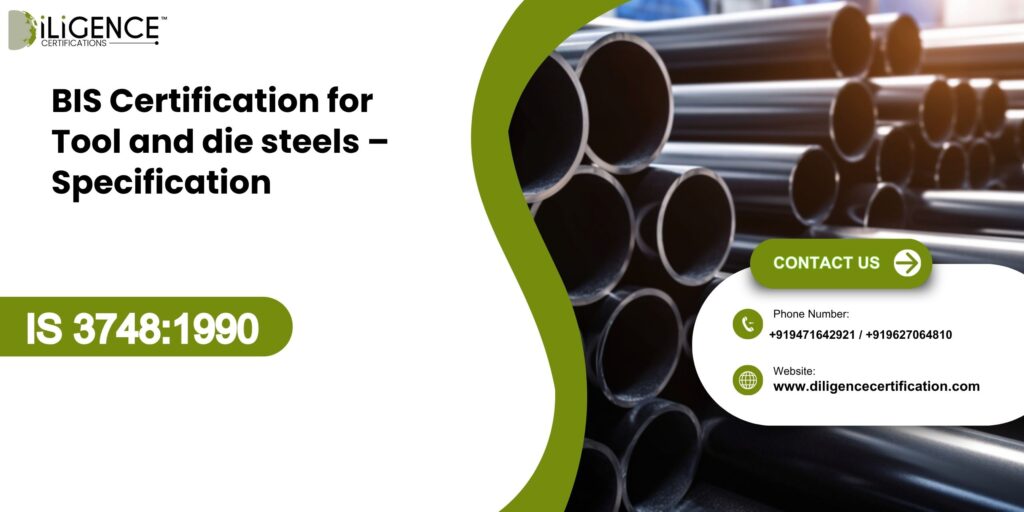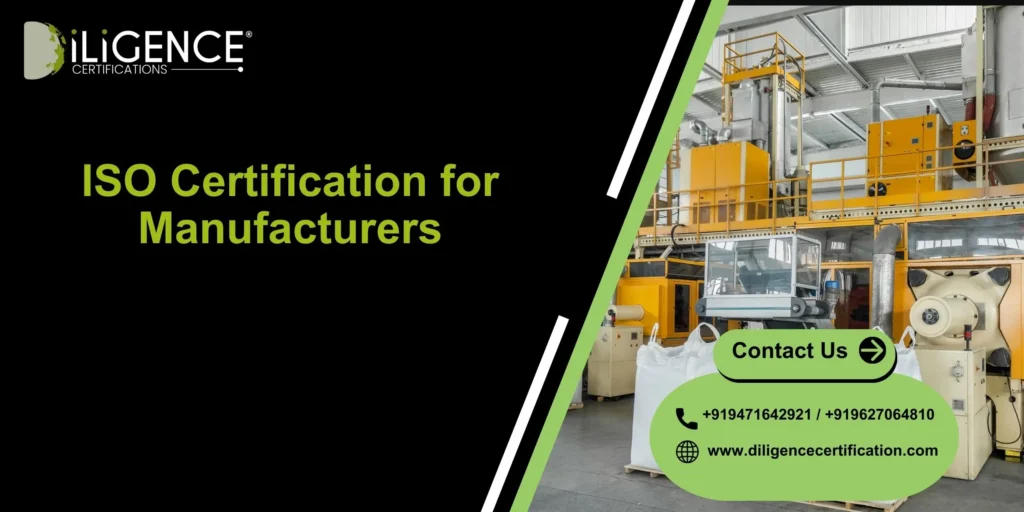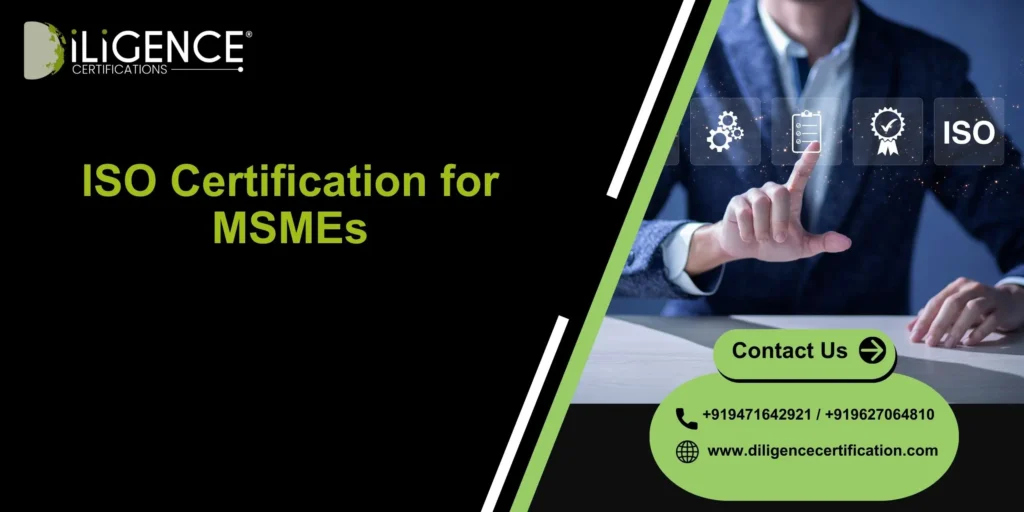- BIS Certification according to IS 3748:1990 is necessary to provide tools and die steels in controlled industries.
- As per the standard, the chemicals, hardness, and marking are verified.
- To be granted approval, it is necessary to have a factory inspection and testing of the samples in the lab.
- Mostly the problems are the differences in heat-treatment and the difficulty in traceability.
- Certification helps in getting more acceptance of the brand and also in opening new markets.
Introduction
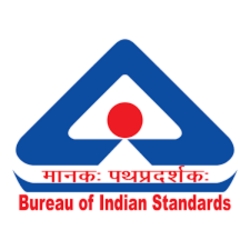
A tooling manufacturer in Faridabad came to us for help after a large OEM had stopped accepting their steel blocks due to the lack of BIS approval under IS 3748:1990. Such cases are becoming frequent as buyers insist on verified conformity of tool and die steels. Even slight changes in the chemical composition or hardness can affect the die life and the precision of the product, thus making it impossible to avoid regulated standards. For a lot of manufacturers, it has become indispensable to comprehend the requirements of BIS Certification for Tool and Die steels – Specification IS 3748:1990 in order to be compliant and remain commercially competitive. Bureau of Indian Standards
What is IS 3748:1990?
IS 3748:1990 is the Indian Standard specification that outlines the necessary attributes and performance of the tool and die steels. The standard specifies the criteria for chemical composition, hardness, mechanical strength, and correct marking so that these steels can resist high stresses, wear, and heat in metalworking tools and other similar industrial applications.
Key Points

- Covers classification of various tool and die steel grades.
- Specifies chemical composition limits for alloying elements.
- Defines hardness and mechanical property requirements.
- Includes heat-treatment and manufacturing controls.ISI MARK
- Mandates proper marking and traceability for BIS certification.
Why is BIS Certification Mandatory
BIS Certification is mandatory for tool and die steels because the government has brought these materials under a Quality Control Order (QCO). Once a product is notified under a QCO, no manufacturer or importer can sell it in India without BIS approval.
Key Reasons
- Safety and reliability: As one of the main components, the tool steels have a strong influence on the strength of the die, resistance to wear, and production safety in the automotive, defence, and heavy engineering industries.
- Standardised quality: BIS is responsible for uniformity of the chemical composition and the hardness of different batches, thus the main tooling is free from the risk of failure.
- Traceability: These steels, which have been certified, have ISI marking and batch details, thus enabling OEMs and government agencies to locate the source of the materials.
- Regulatory compliance: After a product is placed under BIS rules, non-certified tool and die steels cannot be sold or imported legally.
- Supply-chain requirements: PSU buyers, defence vendors, major OEMs are strictly accepting tool steels that have been BIS-marked to be able to meet their internal audit and safety norms.
Importance and Benefits of BIS Certification
| Importance | Benefits |
|---|---|
| Confirms materials used in tool and die steels are of standard IS 3748:1990 quality as per the set standards | Product rejection rate is reduced and product consistency is improved |
| Mandatory for sale, manufacturing, or import under QCO | Enables access to PSU, defence, and OEM supply chains |
| It safeguards the end-users from the use of unsafe or low-quality steel | Increases customer loyalty and brand reputation |
| Creates outgoing traceability from the melt to the final product | Minimises compliance risks during audits |
| Aligns Indian manufacturers with national regulatory norms | Enhances competitiveness in domestic and export markets |
Step-by-Step Process of BIS Certification

Step1:Documentation
- Collect required technical documents
- Prepare product specifications
- Gather company registration details
- Ensure documents follow BIS format
Step2:Product Testing
- Send samples to a BIS-approved lab
- Conduct safety and quality tests
- Receive test reports
- Confirm compliance with BIS standards
Step3:Application Submission
- Fill out the BIS application form
- Upload all required documents
- Attach valid test reports
- Pay the necessary BIS fees
Step4:Scrutiny and Inspection
- BIS reviews submitted documents
- Authority verifies test results
- Factory/product inspection may occur
- Clarifications requested if needed
Step5:Grant of License
- BIS approves the application
- License number is issued
- Product can carry BIS mark
- Renewal required before expiry
Documents Required for BIS Certification
| Category | Documents Required |
| Business Documents | Business license/registration, ISO certificate, organizational details |
| Manufacturer Details | Factory layout, process flow chart, machinery list, production details |
| Product Documents | Product specifications, component list, user manual, model details |
| Testing Documents | Test report from BIS-recognized lab, sample details, test request form |
| Legal & Compliance | Authorization letter, brand ownership proof, trademark certificate (if any) |
| Import/Foreign Manufacturer (If applicable) | AIR (Authorized Indian Representative) details, contract agreement, overseas manufacturer documents |
Timelines, Costs, Validity & Renewal
- Timelines: Usually from 20 to 30 days, with only 7-15 days for the testing.
- Costs: The cost of the government and the test varies depending on the product. There can be some additional charges though.
- Validity: The validity period is 2 years in most situations.
- Renewal: The renewal is done before the expiration; there should be updated documents/tests; the renewal
Why Choose Diligence Certifications
- Expert team with strong BIS and regulatory knowledge
- Fast, streamlined processing to reduce approval delays
- Accurate documentation and testing coordination
- Transparent guidance with clear communication
- High success rate and complete end-to-end support
Conclusion
Manufacturers working with tool steels today face far tighter buyer expectations than they did a decade ago. Securing BIS Certification for Tool and die steels – Specification IS 3748:1990 is no longer a formality but a core requirement for legal compliance, supply-chain acceptance, and long-term customer confidence. Plants that align their processes with the standard experience fewer rejections, better documentation discipline, and stronger credibility with OEMs and PSUs. If your organisation is preparing for certification or needs help assessing readiness, the right technical guidance can ensure smooth approval and uninterrupted market access.
Frequently Ask Questions
What is BIS Certification for Tool and Die Steels?
BIS certification is an obligatory approval presented by the Bureau of Indian Standards to indicate that the tool and die steels adhere to the requirements of IS 3748:1990.
Is BIS Certification mandatory for all tool steel manufacturers?
Indeed, no manufacturer or importer of tool and die steels can sell their products without BIS approval once they have been notified under the Quality Control Order (QCO).
What does IS 3748:1990 cover?
The specification standard is a comprehensive guide to much of the parts of the tool and die steel product. Primarily, the standard covers the chemical composition of the metal alloy, specific hardness ranges, and mechanical properties. Besides, the standard provides performance criteria for heat treating and instructions for marking the product. Products made following this standard can be sold as tool and die steels in India.
How long does it take to get BIS Certification?
The duration is not fixed and is usually between 20 and 30 days, depending on how fast the documents are prepared and the lab testing is completed.
What type of testing is required?
Samples are subjected to
1. Chemical analysis
2. Hardness testing
3. Mechanical property checks
4. Verification of marking as per IS 3748:1990
Can imported tool steels be sold without BIS?
Not at all. The imported goods are required to have a BIS certificate before they can be sold in India.
What are common reasons for rejection?
The most common reasons for rejection are among variations in heat treatment, ununiformed hardness, wrong marking, and incomplete traceability documentation.
What documents are needed for the application?
The requisites for the Application are Business registration, product specifications, factory layout, process flow, test reports, and calibration certificates.
How long is the BIS licence valid?
The license is typically valid for 2 years and a renewal takes place before the expiry date.
Can a consultant help with BIS Certification?
Definitely. Consultants handle documentation, testing, audits, and overall compliance, thus, facilitating a faster approval.






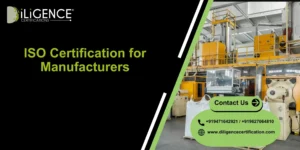
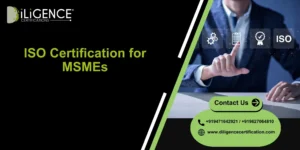
 BIS Certification
BIS Certification
 CDSCO
CDSCO
 CPCB
CPCB
 LMPC
LMPC
 WPC Approval
WPC Approval
 Global Approvals
Global Approvals
 TEC
TEC
 ARAI
ARAI
 BEE
BEE
 ISO Certification
ISO Certification
 DGCA Certification
DGCA Certification
 NOC For Steel
NOC For Steel



















 Business Registration
Business Registration















 Legal Services
Legal Services
 Trademark Registration
Trademark Registration
 Copyright Registration
Copyright Registration
 Patent Registration
Patent Registration
